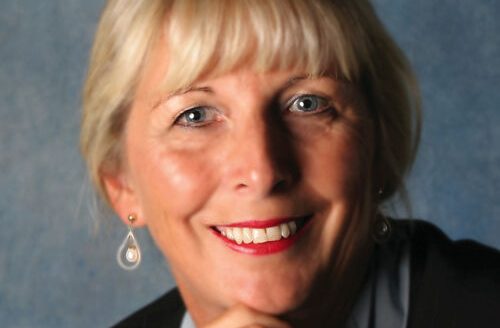As House Agriculture Committee Chairman Glenn “GT” Thompson prepares to start writing a new farm bill on May 23, he has gradually been briefing farm organization leaders and laying out more of the details that he plans to present.
He’s calling it, “the right policy at the right time,” but some Democrats aren’t so sure.
For example, he is proposing to raise Price Loss Coverage reference prices by 10% to 20% depending on the commodity, while also providing increased income protection to growers under the Agriculture Risk Coverage program and crop insurance, according to a section-by-section summary released last week.
The draft bill would provide a one-time opportunity for farmers to obtain base acres needed to qualify for payments under the PLC and ARC programs. The update would be determined by plantings from 2019 through 2023. The ARC guarantee would be increased from 86% to 90% of benchmark revenue, under the draft bill. The maximum payment rate would be raised from 10% to 12.5%. The 38-page summary doesn’t specify the PLC reference price increases for each individual commodity, but the proposed numbers were shared privately with farm organization leaders who were briefed on some additional details while being sworn to secrecy. The GOP’s overview explains that the higher rates would be based on “an analysis of the average annual increase in per-unit cost of production” since they were first set in the 2014 farm bill. The summary continues to draw sharp distinction to a draft bill for which Senate Agriculture Committee Chairwoman Debbie Stabenow, D-Mich., released a detailed summary on May 1.
For example, Stabenow is proposing to raise PLC prices by 5% for just three commodities – cotton, peanuts and rice.
The base update in Stabenow’s bill would be limited to “underserved” producers, while the House bill would make it available to “any producer whose planted acres exceed existing base, regardless of demographics or socially disadvantaged status,” according to the summary.
The draft bill also would enhance crop insurance options for farmers by boosting premium subsidies on the Supplemental Coverage Option from 65% to 80% and raise the top coverage level from 86% to 90%.
The administration of payment limitations for certain entities like LLCs and S-Corps would be “streamlined,” and provisions would allow for an inflation-adjusted limitation if an operation derives 75% or more of its income from farming, ranching or forestry.
The proposed nutrition title would assign a “cost neutral process” to determine future updates to the Thrifty Food Plan, the economic model used to estimate the cost of food and set SNAP benefits. The updates would continue to consider food prices, consumption patterns and dietary guidance, according to the summary.
Democrats have pushed back against this provision, arguing it would unfairly cut future benefits. The TFP provision remains a major obstacle to a bipartisan way forward, committee Democrats have said.
Thompson wants bipartisan support for the bill and seems to be confident that he will have at least a handful of Democrats vote for his plan, but other committee Democrats disagree, pointing to objections with the nutrition title. They argue that the TFP provision would unfairly cut future benefits and say it remains a major obstacle to a bipartisan way forward.
However, there are at least eight Democrats on the committee as well as six Republicans who face tough re-election races this year, and none of them wants to be blamed for inaction on a farm bill.
They include North Carolina Rep. Don Davis, who is one of four Democrats seeking re-election in races rated as toss-ups by the Cook Political Report. The other committee Democrats who are in toss-up races are Yadira Caraveo of Colorado, who represents a district that stretches from the northern suburbs of Denver to the cattle feeding center of Greeley; Gabe Vasquez of New Mexico; and Marie Gluesenkamp Perez of Washington. All four are serving their first term in Congress.
Four more Democrats on the committee are rated as slight favorites in their re-election bids: Angie Craig of Minnesota; Jahana Hayes of Connecticut; Eric Sorensen of Illinois; and Andrea Salinas of Oregon.
Vulnerable Republicans on the committee are John Duarte of California; Marc Molinaro of New York; and Lori Chaves-DeRemer of Oregon. All are in races rated as toss-ups. Zach Nunn of Iowa; Don Bacon of Nebraska; and Derrick Van Orden of Wisconsin are rated as slight favorites.
Editor’s note: Sara Wyant is publisher of Agri-Pulse Communications, Inc., www.Agri-Pulse.com.



